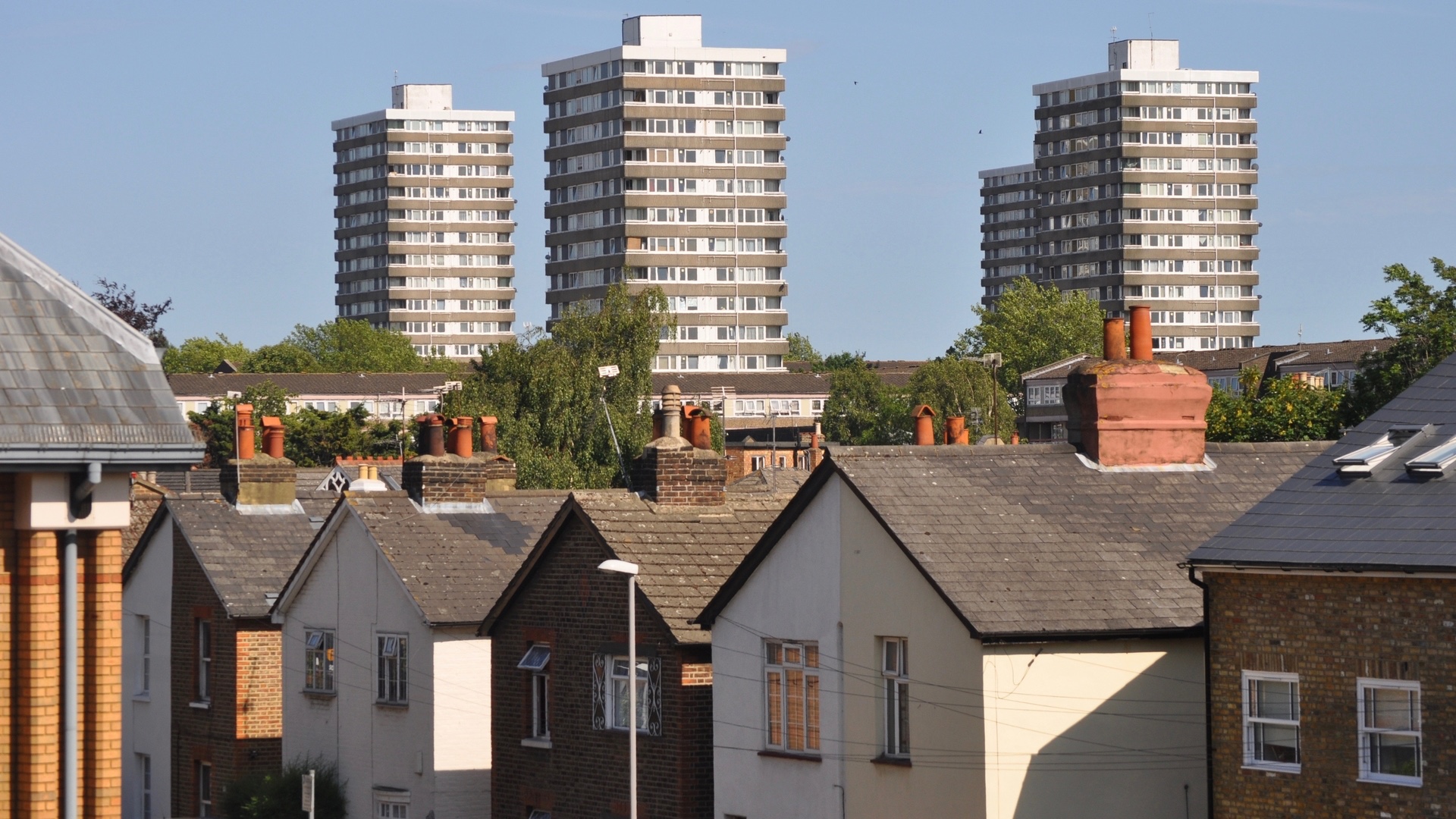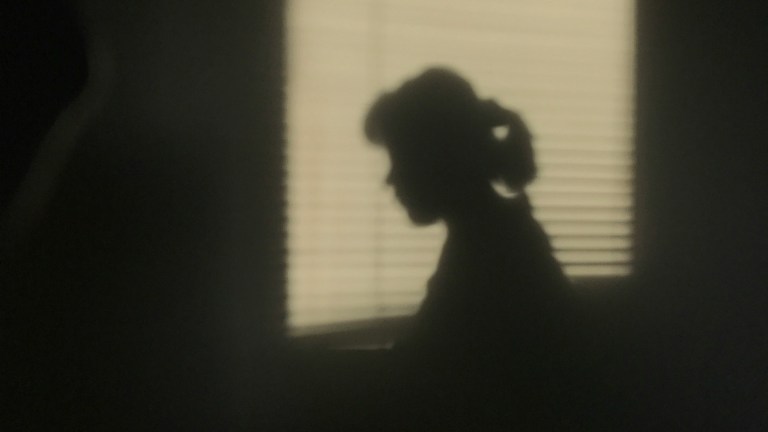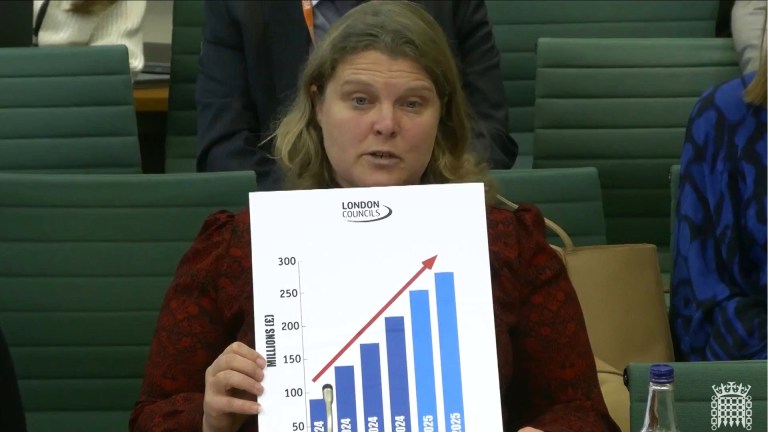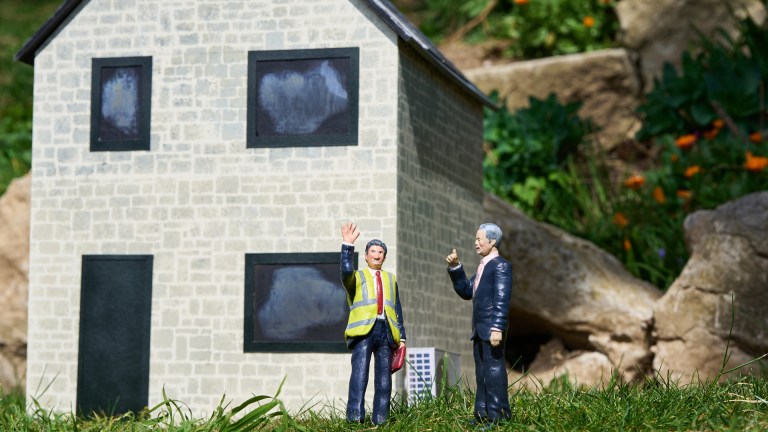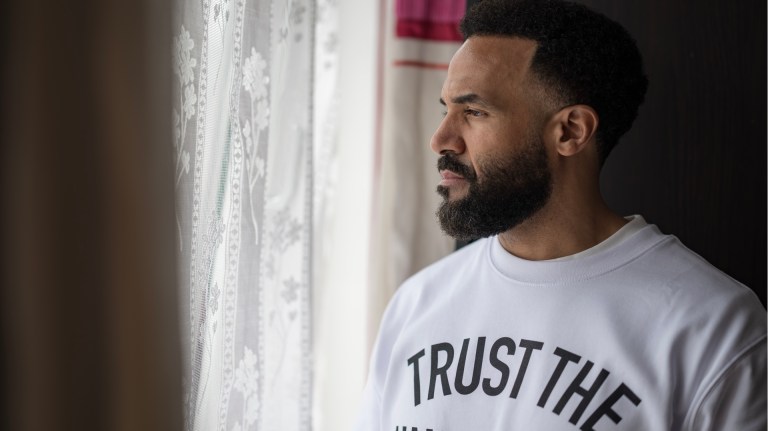Vulnerable children must not be forgotten
There is no way to smooth the transition and for a sick child to have to contemplate the prospect of losing the house where she lives – the only stable thing she has in her life – is atrocious. I cannot share my stress with her and I am at a loss.
In the context of a pandemic where everybody is already freaking out, I have an additional layer of stress when I need to be taken care of. I have no respite. I am trying not to complain – I know I could be in a country where there is no structure at all.
I have applied twice to be on the social housing waiting list and twice I have been turned down with no explanation. I know it would take 10 years for me to get anywhere but I’m not even allowed to join the list.
I love England, I have a great network of friends, I love my work here when I can work. England has been amazing but the complexity of the situation has me paralysed with fear. I feel like with this pandemic everything is being taken away. It’s never-ending and is having a rippling effect everywhere.
I just want vulnerable children to not be forgotten. According to the Children’s Commissioner For England, there are over two million children in England living in families with substantial complex needs. How can a country afford to keep these children invisible when they are its future? I want to know that if I was to be evicted that I would be taken care of so I can tell my daughter: “Look, darling, we’re going to have to move out but it has all been thought about.”
Advertising helps fund Big Issue’s mission to end poverty
Em, 43, lived in a van at the start of lockdown before securing a bedsit. But now her furlough payments have stopped, she fears a life of homelessness again
I feel lucky to be in a property that is perfectly fine for me. I live in a self-contained bedsit but it has been a long story for me to get here.
I declared myself homeless to my local authority in south-east London in August 2019 after coming back to the country following over a decade away in Europe. I found my return to post-Brexit England to be a culture shock – I was already in a personal crisis and the anger and anxiety over politics in Europe exacerbated it.
I was sofa-surfing for a while and I was in a night shelter for a month. That culminated in spending Christmas with the charity Crisis. It was probably the best thing that could happen to me because it made me wake up to the fact that I had nowhere else to stay.
After Christmas my council’s 56-day duty under the Homelessness Reduction Act had ended without anywhere for me to stay and my case got dropped. I got assigned a case worker by Crisis and that has been my saviour – we talk once a week even now – and they have been vital to my mental health throughout the last few months.
In January, I ended up staying with a lady who was privately renting but had a history of squatting and community living. She put a roof over my head until lockdown but she needed someone who paid rent. So I agreed to stay in her van. I was OK until it rained and I realised there was a hole in the roof. It was so depressing but I had so much gratitude because at least I had that to stay in.
I actually got a work placement sponsored by the council that started two weeks before the lockdown. I worked no more than five days in tourism. It was the best thing they could find to utilise my languages – I speak fluent French and Spanish – but I basically learned how to top-up Oyster cards before being furloughed. That was amazing because it was better than Universal Credit.
Advertising helps fund Big Issue’s mission to end poverty
But that furlough ended two weeks ago because the placement timed out – so I have not been trained in anything, nor do I have any more work experience than when I started. I’m not back to square one but I’ve not made much progress.
I don’t want to be sat on the street with bags of my stuff
At this point I got referred via StreetLink as I was counted as street homeless – that was lucky for me because I didn’t think of myself as homeless at all while living in a van. That re-alerted the council to my case and the result of that is I was put in the temporary accommodation where I am now.
I moved to East London in May – a different part of London with Crisis paying for the £25 taxi. I moved in a bit of a daze really – I was given a couple of hours to grab my stuff and go. Fundamentally, I had no support and no clue on how much I had to pay and when to keep this roof over my head. I just thought, “They could come over and just kick me out.” I’m expected to pay the rest of the £65 a week for rent after housing benefit. But I have £150 in my account and that has to last four weeks – so obviously I can’t pay everything. I’m not in arrears at this moment but I will be in a couple of weeks now that the furlough money has stopped and I have an £800 council tax bill to pay.
I am worried about being chucked out. I have no money to get anywhere. I have no friends to stay with. And with the ban, my problems are looming in the weeks to come where I don’t have the money to pay rent.
It’s been so far to get where I am and mentally I feel really quite stable now. But if suddenly I was told I have to go, I literally don’t know what I would do. I don’t want to be in the situation where I am sat on the street with bags of my own stuff. A place I’ve been before.
The Ride Out Recession Alliance has been working to create a safety net for those at risk of homelessness and poverty as a result of the Covid-19 crisis.
Advertising helps fund Big Issue’s mission to end poverty
RORA’s work will not end with the eviction ban extension — we’ll continue to work on behalf of those who are hit hardest through no fault of their own.
